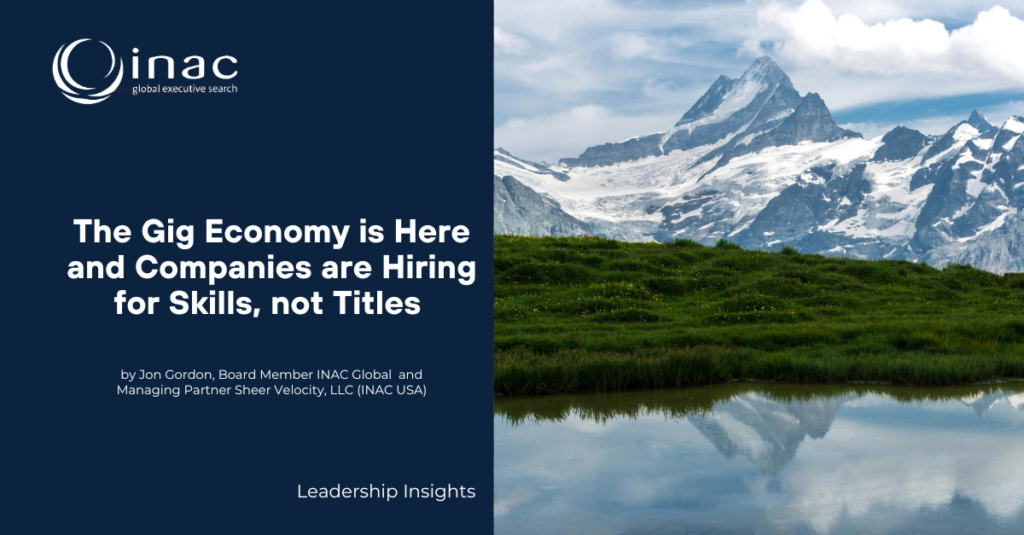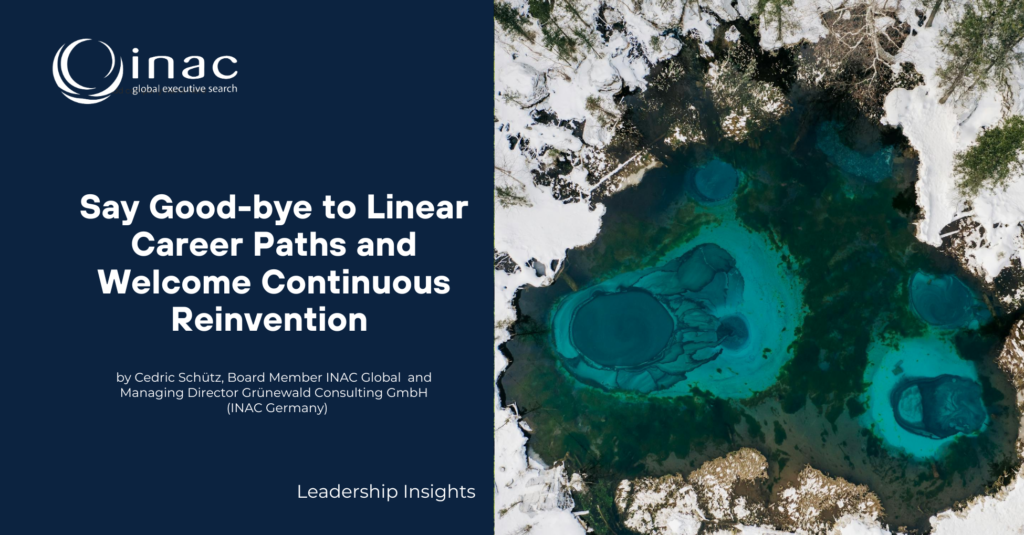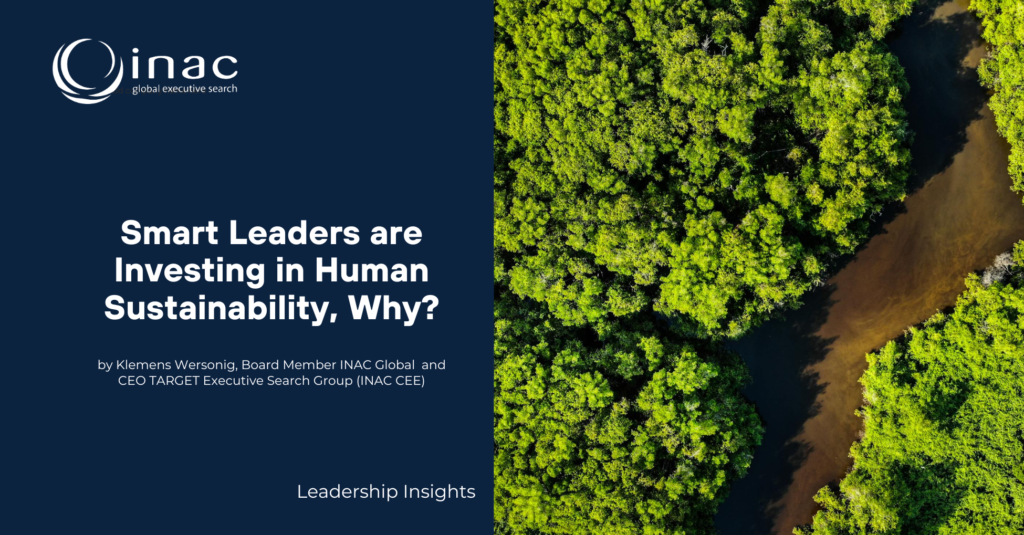
The real power lies in what you can do, not in what your business card says. As we discussed during our recent INAC Global webinar on The Future of Work: Trends, Skills, and Reinvention, one of the clearest signs of workplace transformation is that companies are no longer building teams around fixed roles, they are building them around capabilities … and at the center of this shift is the gig economy.
What began as a model for freelancers and independent workers has evolved into something much bigger … a global redefinition of how we engage with work. In this new paradigm, skills are the currency, adaptability is the mindset, and agility is the strategy.
The global workforce is undergoing a major transformation with the gig economy playing a central role in this shift. According to World Bank, gig work now represents up to 12% of the global labor force, a number that surpasses previous estimates and highlights the growing relevance of this employment model.
But this is not just about more freelancers. It is about a structural transformation in how organizations think about talent. The traditional full-time, single-role model is giving way to blended teams made up of permanent staff, project-based contributors, and interim executives, all united by shared goals, not shared contracts.
At INAC Global Executive Search, we are seeing a rising demand for fractional consultants and interim executives, highly skilled leaders who step in for defined periods to lead transformations, stabilize teams, or drive innovation in critical moments.
This model allows companies to tap into deep expertise without the long-term commitment of a traditional hire, while offering leaders the flexibility to focus on mission-driven, high-impact work. It is a shift from permanent presence to strategic precision, bringing the right leadership at the right time for the right purpose.
Companies, in turn, are redefining what they are looking for. No longer is it enough to hire someone based on where they have worked or what title they held. What matters now is what they can do, and how fast they can do it in a rapidly evolving context.
Leading organizations like Unilever are now organizing work around skill clusters, not right job titles (Deloitte). Others are investing in internal talent marketplaces, where employees can pick up cross-functional projects, reskill, and evolve beyond their original job scope.
But to truly embrace this shift, organizations must go beyond reactive hiring. They must adopt a skills-first talent strategy, focusing on identifying, deploying, and developing talent dynamically, wherever it exists, internally or externally, full-time or fractional.
So, in summary, it is not about filling jobs, it is about assembling capability. The gig economy is not just changing how we work, it is changing who gets to lead, and what leadership looks like. It opens the door to a more agile, diverse, and high impact future.
_______________________________
For additional insight into top skills that employers are looking for, please read this article by Jon Gordon at Sheer Velocity.

Jon Gordon, Board Member INAC Global and Managing Partner Sheer Velocity, LLC (INAC USA)
Jon brings over 25 years of expertise in executive search and business leadership. With a background in venture capital-backed startups, he has held key roles across IT, Finance, HR, Operations, Sales, and Supply Chain, specializing in recruiting top-tier talent. A successful entrepreneur, Jon has founded and led multiple companies while staying actively committed to community service through Boulder’s Emergency Family Assistance Association.








